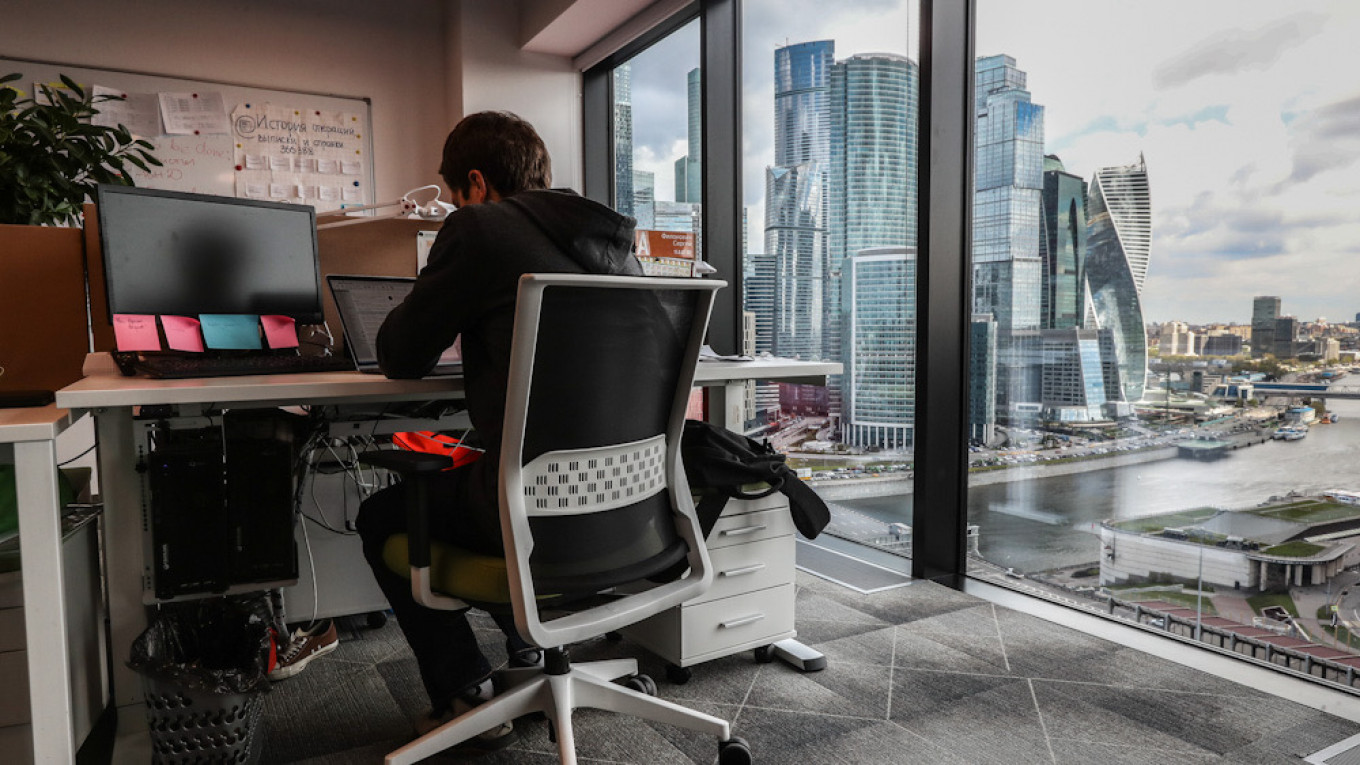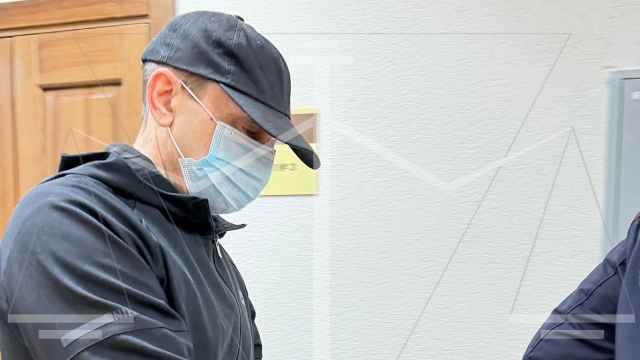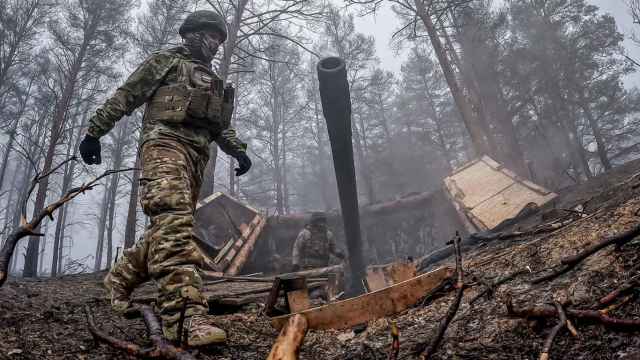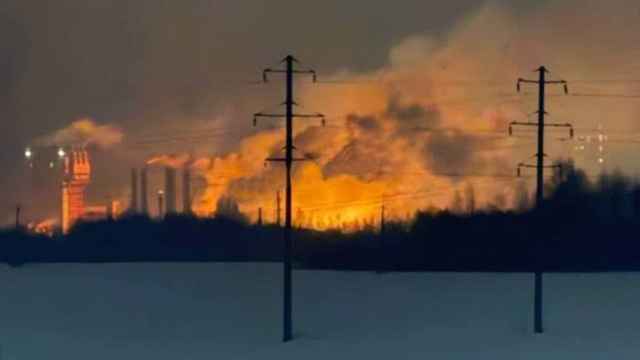Eight in 10 Russian business owners do not believe the country does enough to protect them from unjustified criminal prosecution, a government survey has found.
Some 79% of entrepreneurs told Russia’s Federal Guard Service they feared Russian legislation was too weak to stop them being arrested or facing criminal investigation on dubious grounds, according to an annual report compiled by Russia’s business ombudsman Boris Titov, cited by the RBC news site.
A majority of lawyers also believe business owners face heightened risk of arrest, as do 18% of federal and regional prosecutors, the survey, conducted in March, found.
Russia’s business community has long complained of the risks of arbitrary arrest and criminal proceedings brought about as an attempt to sway corporate disputes. The issue gained new attention with the case of U.S. investor Michael Calvey, who was detained in February 2019 amid an international arbitration dispute between his Baring Vostok investment fund and a former business partner.
Numerous surveys have shown falling levels of trust towards the authorities from entrepreneurs over recent years.
The proportion of business owners who say they do not trust Russia’s law enforcement agencies rose from 45% in 2017 to 70% in 2020, while three-quarters say Russia’s courts are not independent.
Speaking at a conference Tuesday, ombudsman Titov said there had been a “serious aggravation of problems related to corporate property rights” over the last 12 months.
Russia’s small businesses have felt left out of the government’s response to the pandemic, he added, which has focused on the country’s largest businesses and made access to emergency funding contingent on rigorous bureaucracy and requirements that firms maintained at least 90% of their staff employed throughout the crisis.
A previous survey conducted by Russia’s top business lobby found small businesses were twice as likely to have suffered a negative hit from the coronavirus pandemic than larger companies.
A Message from The Moscow Times:
Dear readers,
We are facing unprecedented challenges. Russia's Prosecutor General's Office has designated The Moscow Times as an "undesirable" organization, criminalizing our work and putting our staff at risk of prosecution. This follows our earlier unjust labeling as a "foreign agent."
These actions are direct attempts to silence independent journalism in Russia. The authorities claim our work "discredits the decisions of the Russian leadership." We see things differently: we strive to provide accurate, unbiased reporting on Russia.
We, the journalists of The Moscow Times, refuse to be silenced. But to continue our work, we need your help.
Your support, no matter how small, makes a world of difference. If you can, please support us monthly starting from just $2. It's quick to set up, and every contribution makes a significant impact.
By supporting The Moscow Times, you're defending open, independent journalism in the face of repression. Thank you for standing with us.
Remind me later.






